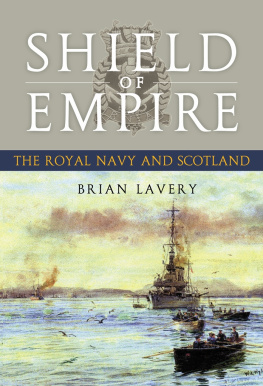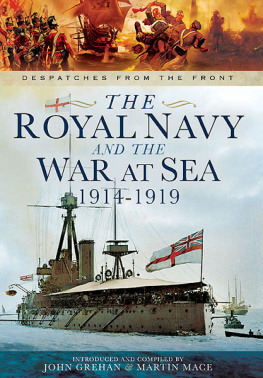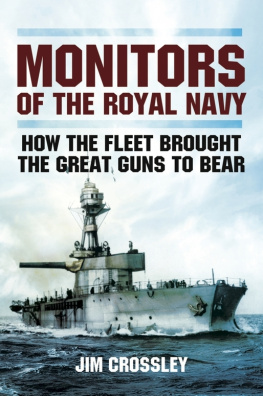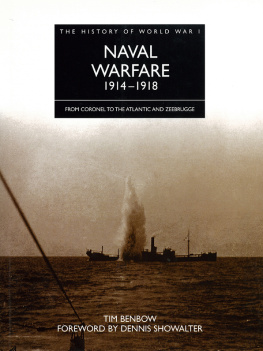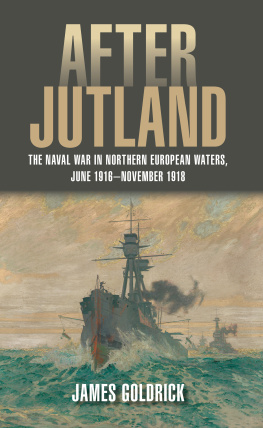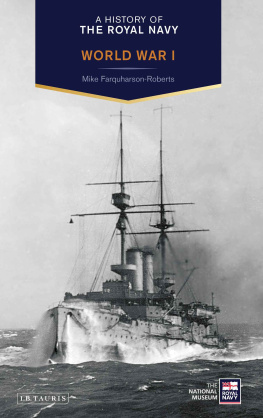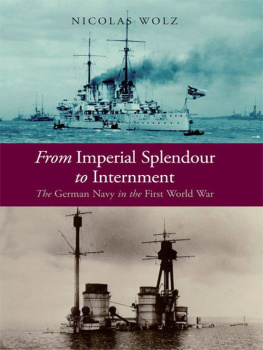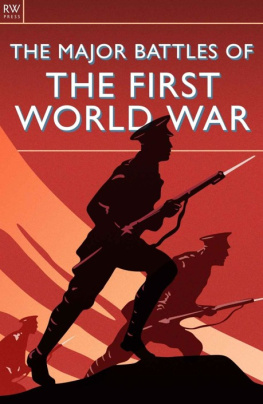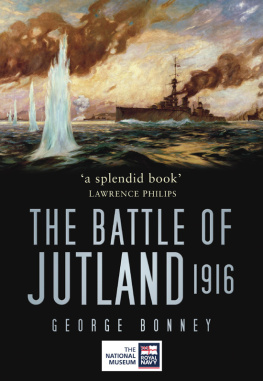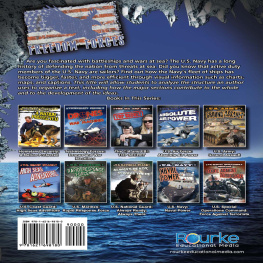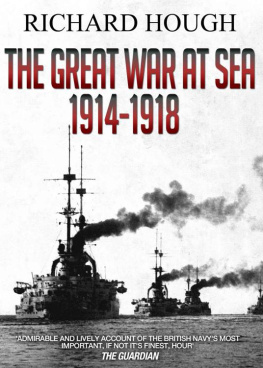Copyright Jim Ring 2018
First published in Great Britain in 2018 by
Seaforth Publishing,
A division of Pen & Sword Books Ltd,
47 Church Street,
Barnsley S70 2AS
www.seaforthpublishing.com
British Library Cataloguing in Publication Data
A catalogue record for this book is available from the British Library
ISBN 978 1 4738 9718 2 (hardback)
ISBN 978 1 4738 9720 5 (epub)
ISBN 978 1 4738 9719 9 (kindle)
All rights reserved. No part of this publication may be reproduced or transmitted in any form or by any means, electronic or mechanical, including photocopying, recording, or any information storage and retrieval system, without prior permission in writing of both the copyright owner and the above publisher.
The right of Jim Ring to be identified as the author of this work has been asserted
by him in accordance with the Copyright, Designs and Patents Act 1988.
Pen & Sword Books Limited incorporates the imprints of Atlas, Archaeology, Aviation, Discovery, Family History, Fiction, History, Maritime, Military, Military Classics, Politics, Select, Transport, True Crime, Air World, Frontline Publishing, Leo Cooper, Remember When, Seaforth Publishing, The Praetorian Press, Wharncliffe Local History, Wharncliffe Transport, Wharncliffe True Crime and White Owl.
Foreword
The title of this book might seem a radical, even provocative, way of describing the Royal Navys role in the First World War, especially as British public perception, folk memory and the vast output of documentation, memoirs, letters and poetry from four million soldiers (in comparison to 450,000 naval personnel) have tended to favour the decisive role of land forces in the defeat of the Central Powers. This view has also been firmly entrenched because of the persistent but erroneous belief that all wars have to be won, almost by definition, on land with boots on the ground, whereas, in reality, it is the effects of war on land (where people live) that are decisive. In many cases, these effects are indeed realised by forces on the ground, but not always, as when a population is starved, bombarded from the air or blockaded into submission.
It is also difficult for the public to connect emotionally and physically with war at sea; battlefield tours and re-enactments are evidently problematic, there are no landscapes to wander over, few mass graves and, until recent decades, precious few relics to be recovered. This detachment is reinforced by the public notion, born of a tradition of famous sea fights characterised by Nelsons three glorious victories, that success in sea warfare is only about battles. The Royal Navy itself contributed to this misunderstanding of its role and achievement in the First World War. The instincts of its officers and men were to replicate the tactical feats of daring and derring-do that they so admired in their Nelsonian forebears. Every battle had been a missed opportunity, especially Jutland. Lord Chatfield, writing of the end of the war, lamented that the crowning feat of British arms, the destruction in battle of the German Fleet, had been denied the navy.
However, Chatfield and his colleagues missed the point by confusing strategic and tactical effect. British strategy for a war against Germany and its allies envisaged the imposition of a tight sea blockade that would deprive both enemy military forces and populations of the will and means to continue a war: in a protracted war, the wheels of our sea power (though they would grind the German population slowly perhaps) would grind them exceedingly small grass would sooner or later grow in the streets of Hamburg and wide-spread dearth and ruin would be inflicted. The criterion for strategic success would be the imposition of a stranglehold on the Central Powers maritime communications by far distant, storm-beaten [predominantly British] ships of the Allies and the suppression of Germanys attempts to break that stranglehold, while Allied armies, once the battle-lines had stabilised, fixed the enemy in position, as modern doctrinal thinking has it, until enough fighting power was available to drive the enemy from France and Belgium.
As will be seen, the blockades effectiveness restricted the main theatre of war to Europe and allowed the Entente powers to dominate the sea-lanes of the world. It largely confined Germanys High Seas Fleet to port, despite the attempt at Jutland to reduce significantly the substantial margin of British naval superiority.
The result was that Germany resorted to instituting its own blockade of Britain by attempting the crushing of English economic life through U-boat action against English commerce (Scheer
However, the catastrophic effect of the German decision was to bring the United States into the war on the side of the Allies and the deployment of two million troops to Europe, with unrestricted submarine warfare thwarted by the (belated) introduction of convoy techniques and the considerable destroyer and minelaying reinforcement provided by the United States Navy. Meanwhile, the remorseless effects of the blockade provoked continuing unrest, severely depleted military supply chains, malnutrition and, from 1917 onwards, mutiny, starvation and revolution.
Contemporary opinion was in no doubt about what had brought Germany and its allies to defeat. Sir Walter Runciman wrote to Jellicoe on 14 November 1918:
Throughout these four years every sane Englishmans mind has rested in confidence on the Navy, and now the end has come the British Navy is more clearly than ever both the saviour of the country and the destroyer of the Central Powers. How true it is and how often forgotten that the final collapse is the direct inevitable result of our command of the seas!
In Germany, Erich Raeder, reflected that we were in the end defeated by sea power, which deprived us of our food and raw materials, and slowly throttled by the blockade.
This book will enlighten readers about the Royal Navys decisive weakening of the fighting capacity of the Central Powers and the collective will of their populations. It will also show how the final Allied land offensive that began on 18 June 1918 would scarcely have been possible without the vast amount of war material and reinforcements that had been successfully carried to Europe from America and the wider world. There will still be doubters about the Navys importance in the First World War; the folk memory and public sentiment, fixed as they are on trenches, war poetry, pals battalions and reenactors, remain too strong. Nevertheless, in encouraging the reader to look at the war through the other end of the telescope, so to speak, the book should restore some balance to assessments about how the Allies managed to prevail. Not for nothing was the 2014 London commemoration of the dead of the war entitled Blood Swept Lands and Seas of Red.




